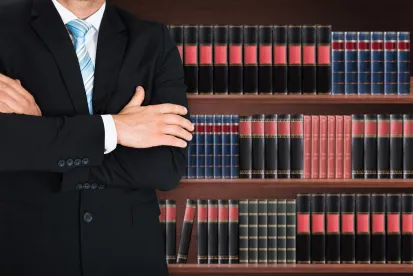The Eleventh Circuit recently addressed an issue of first impression as to whether discovery obtained under 28 U.S.C. Section 1782 could later be used in civil litigation in the United States. In Glock v. Glock, Inc, 797 F. 3d 1002, plaintiff filed a proceeding under 28 U.S.C. Section 1782 seeking to discover evidence for use in her Austrian divorce proceedings. About one and one half years later, she filed a separate RICO lawsuit in the U.S. Plaintiff returned to the Section 1782 court to seek authorization to allow her to disclose the documents she obtained in that litigation to her RICO attorney for potential use in the RICO action.
The Eleventh Circuit noted that the plain language of Section 1782 creates a procedure by which a person may obtain discovery in the U.S. "for use in a proceeding in a foreign or international tribunal." The court found that the language in Section 1782 did not limit later use of evidence properly obtained under that statute. Had Congress intended to restrict use of evidence, the court decided, that intention could have been easily expressed. The court further opined that a party may use evidence, whether or not it is admissible under the rules, to develop a theory of a case, to prepare a complaint, to lead to admissible evidence and to accomplish other aspects of prosecuting a case. "Parties may use any evidence they lawfully possess." The law does not require the plaintiff to rediscover the documents in the second case nor must she apply to the court in either lawsuit to draft a complaint based on the information contained in the documents.
The court concluded that the goals of the U.S. system of civil litigation include "securing the just, speedy, and inexpensive determination" of the proceeding. Documents lawfully obtained, regardless of whether they were obtained through discovery in the case in which they are to be used, furthers these goals. "We see no reason why a different rule should apply to the use, in United States litigation, of documents that were previously lawfully obtained under Section 1782." The restriction on subsequent use of evidence obtained under Section 1782 "is not supported by statutory text, legislative history, conventional discovery practice of policy consideration."




 />i
/>i
